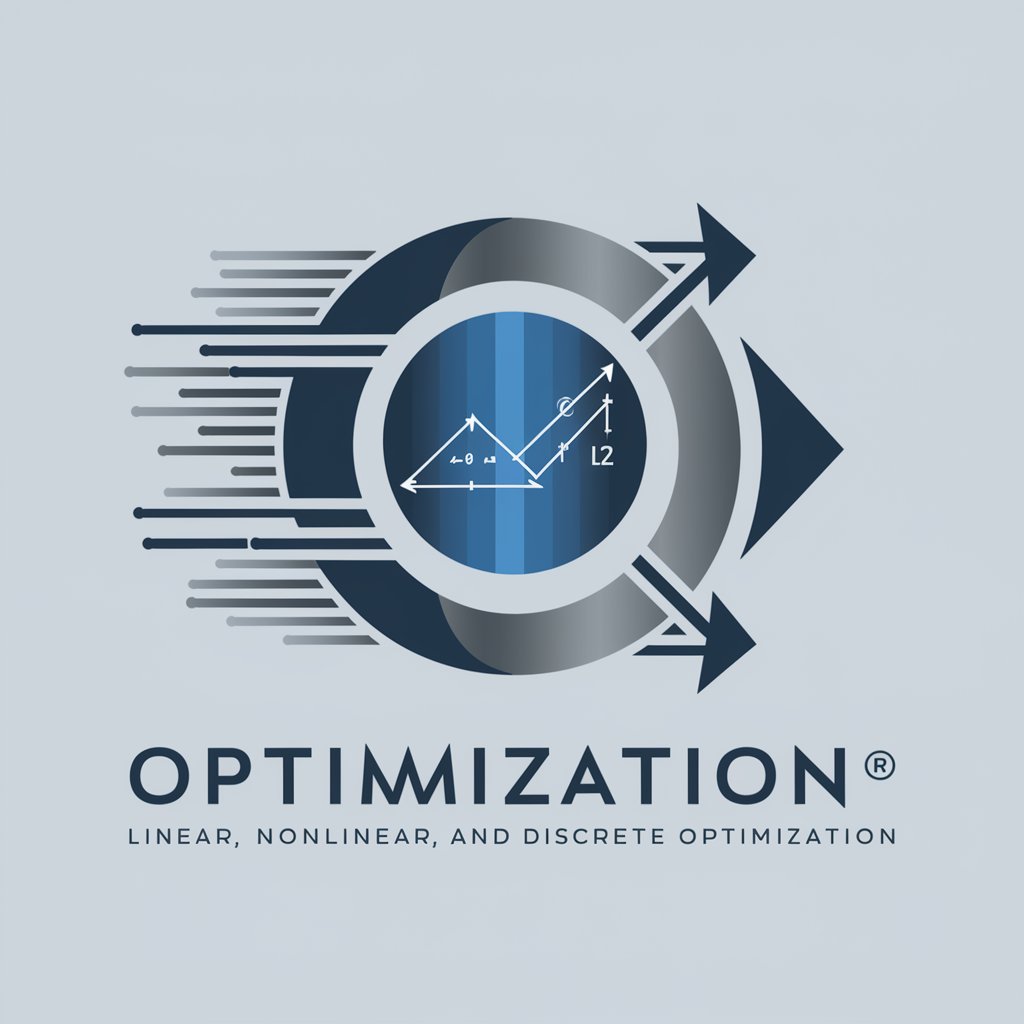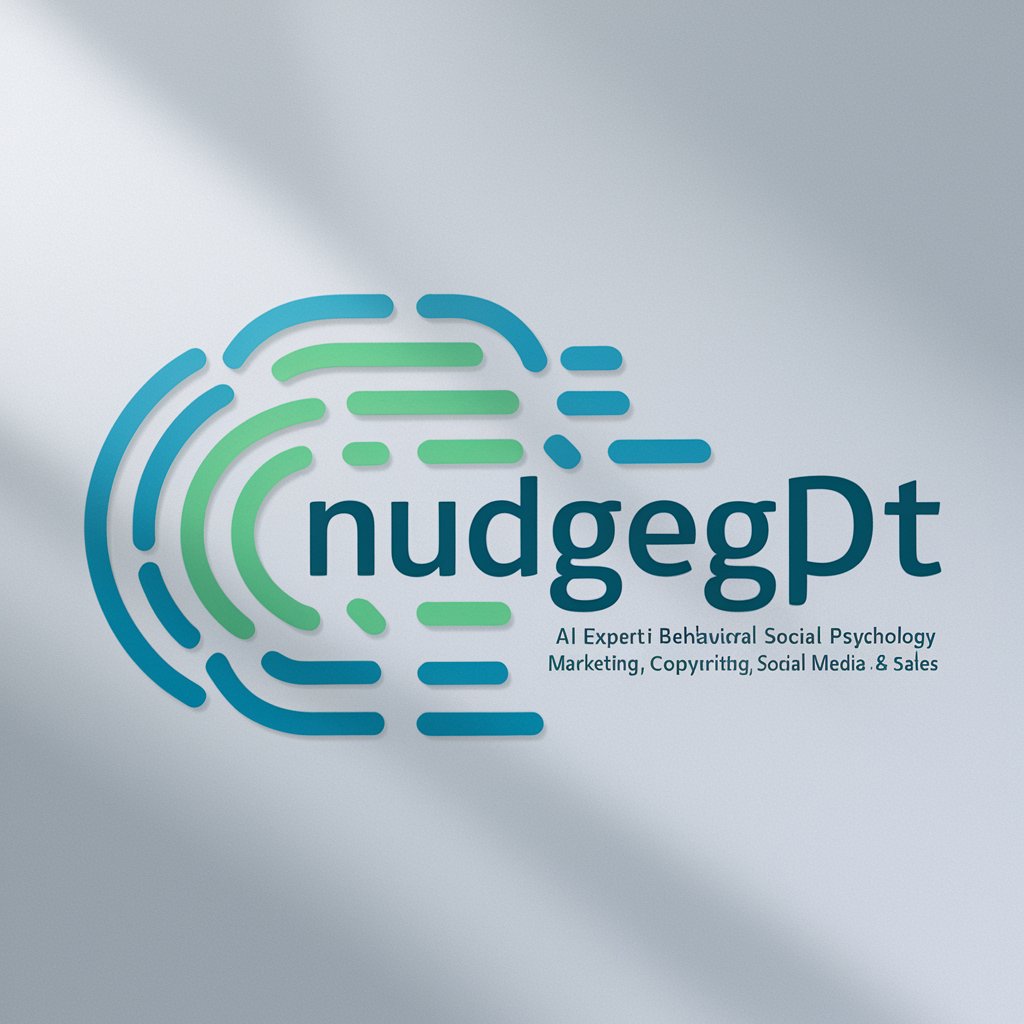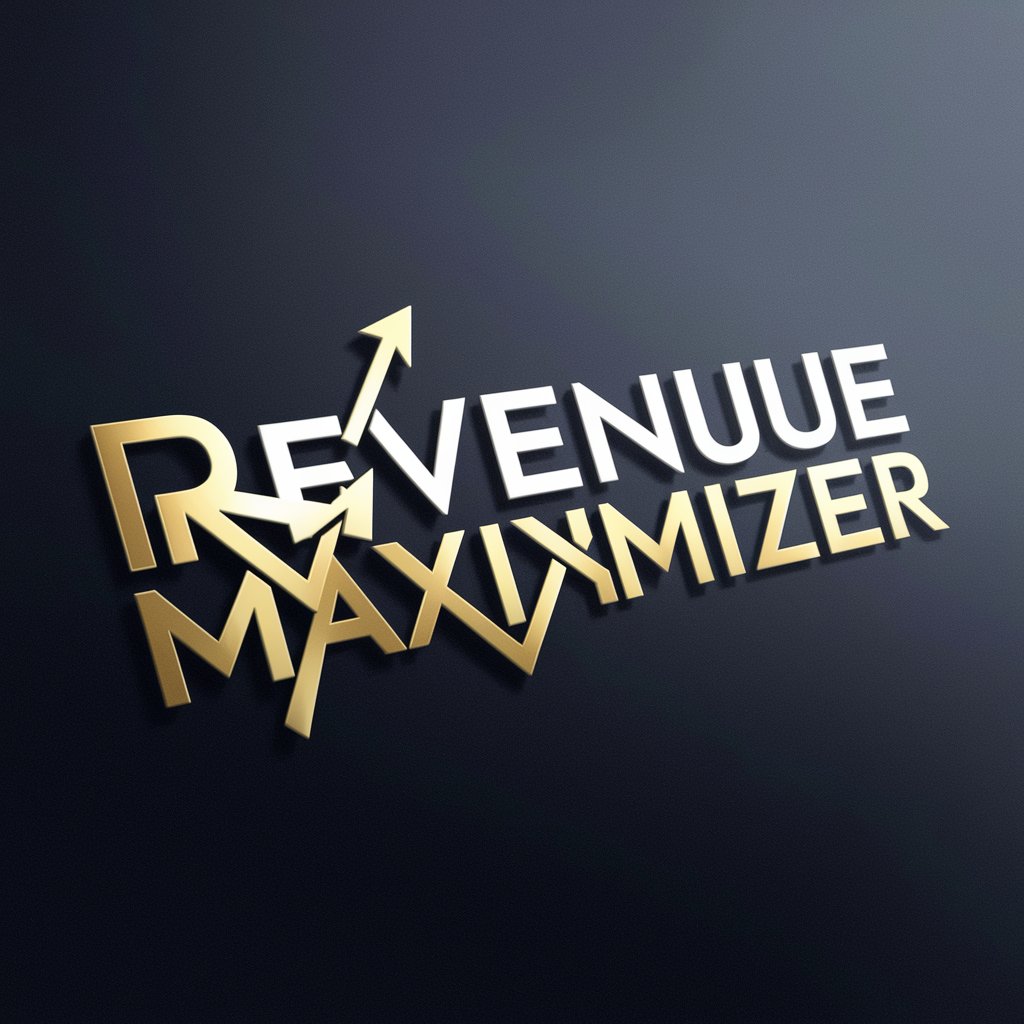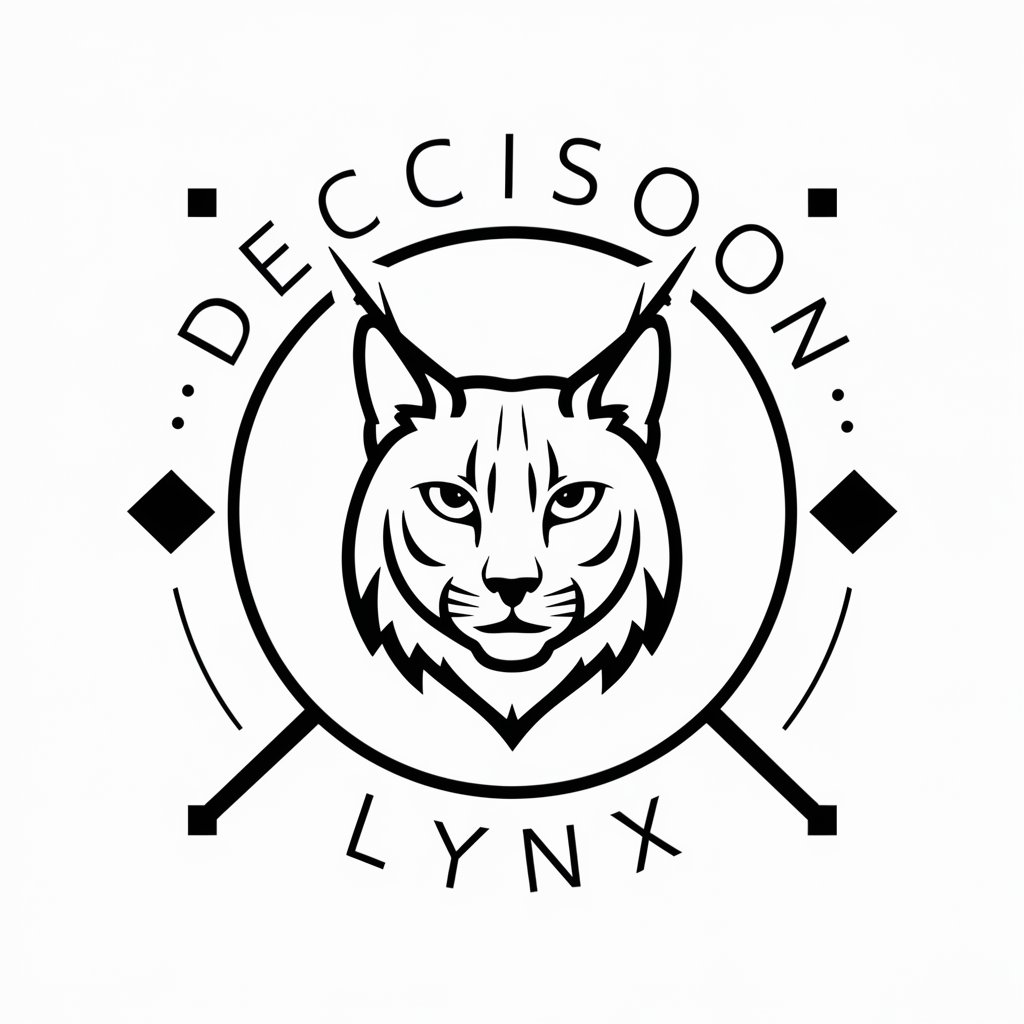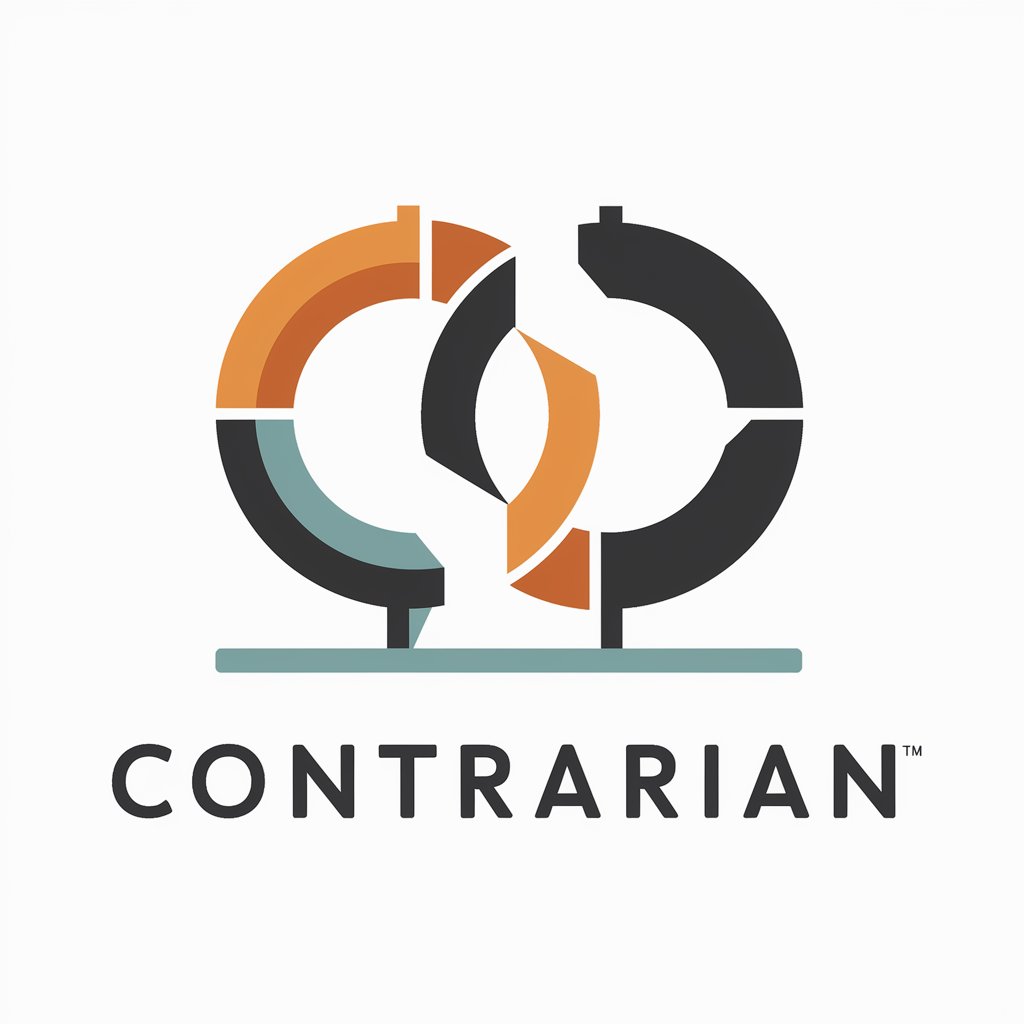
Optimally Irrational - AI-Powered Decision Insight
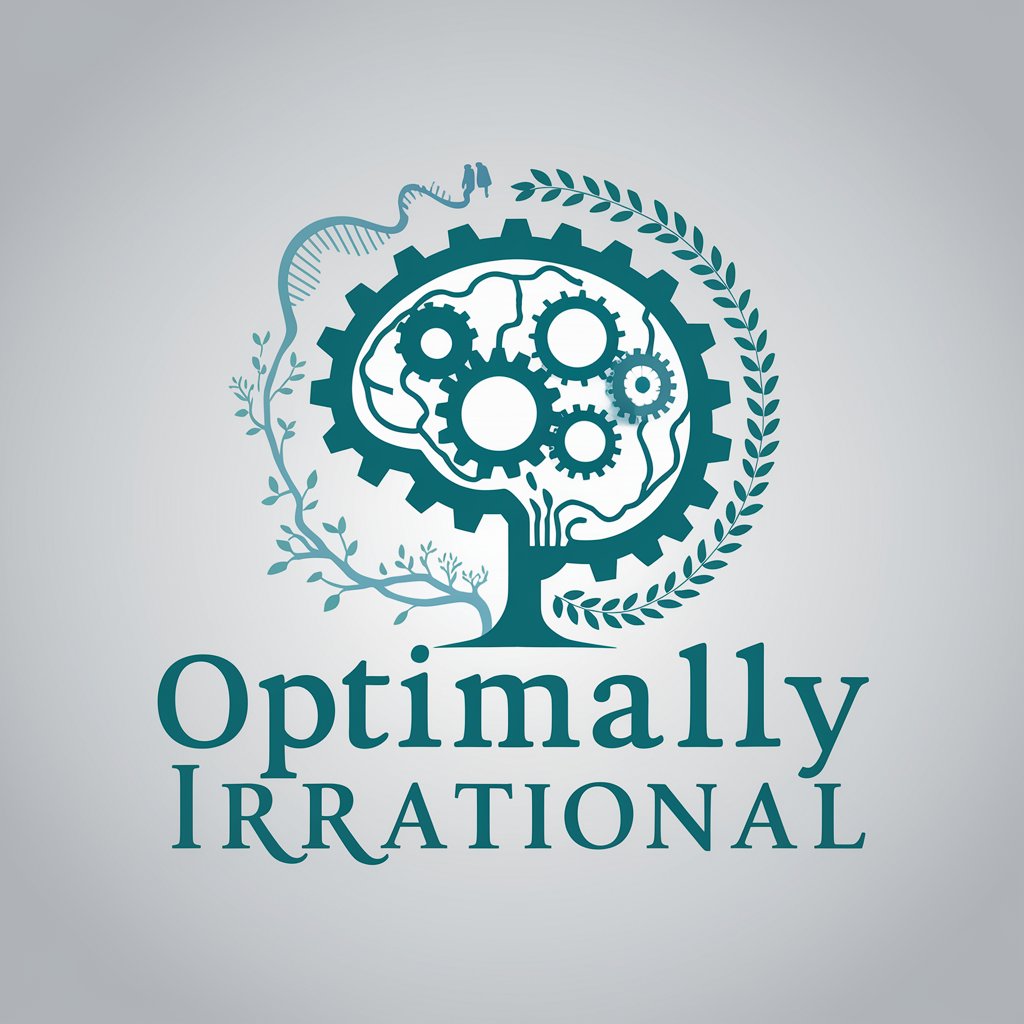
Hello, let's explore the fascinating world of human behavior!
Rethinking Rationality with AI
Discuss the concept of 'bounded rationality' as described in 'Optimally Irrational'.
Explain the role of heuristics in human decision-making.
Analyze the implications of loss aversion in economic behavior.
Describe how evolutionary biology influences human social interactions.
Get Embed Code
Introduction to Optimally Irrational
Optimally Irrational, as the name suggests, explores the concept of 'rational irrationality' in human behavior. It challenges traditional economic views that portray humans as purely rational beings, proposing instead that what appears as irrationality often has underlying rationality when viewed from a broader perspective. The book integrates insights from behavioral economics, cognitive psychology, and evolutionary biology to provide a comprehensive understanding of human behavior. It argues that many decisions, initially seen as flaws or biases, are adaptive responses to complex environments. Powered by ChatGPT-4o。

Main Functions of Optimally Irrational
Reinterpreting Human Behavior
Example
Explaining why people often make choices that seem irrational (e.g., spending impulsively) but are actually rational responses to particular circumstances.
Scenario
Understanding consumer behavior in marketing or financial decision-making.
Integrating Disciplinary Insights
Example
Combining economics, psychology, and biology to provide a richer understanding of human actions.
Scenario
Applying interdisciplinary approaches in academic research or policy-making.
Challenging Traditional Economic Models
Example
Critiquing the Homo Economicus model, which views humans as entirely rational and self-interested.
Scenario
Developing more realistic economic models or strategies in business and economics.
Ideal Users of Optimally Irrational
Economists and Behavioral Scientists
Professionals and researchers seeking to understand the complex interplay between rationality and irrationality in economic models and human behavior.
Policy Makers and Social Planners
Individuals involved in crafting policies or strategies who need to consider the nuanced aspects of human behavior to ensure effective implementation.
Business Professionals
Executives, marketers, and strategists aiming to apply a deeper understanding of consumer behavior and decision-making in their business models and marketing strategies.

Guidelines for Using Optimally Irrational
Free Trial Access
Visit yeschat.ai for a complimentary trial, no login or ChatGPT Plus required.
Understanding the Concept
Familiarize yourself with the concept of 'Optimally Irrational', which challenges traditional notions of rationality in decision-making.
Application in Real-Life Scenarios
Apply the principles of 'Optimally Irrational' to everyday decisions and observe patterns of rationality in human behavior.
Critical Analysis
Critically analyze your decision-making processes, considering biases, heuristics, and the influence of social and emotional factors.
Reflect and Adapt
Reflect on the outcomes of decisions to understand the practical implications of 'Optimally Irrational' thinking and adapt strategies accordingly.
Try other advanced and practical GPTs
PodFinder
Uncover podcasts with AI precision

Ask Don Frankolini
Wisdom from The Godfather, AI-Enhanced

Dreampal
Unlock Your Dreams, Uncover Yourself
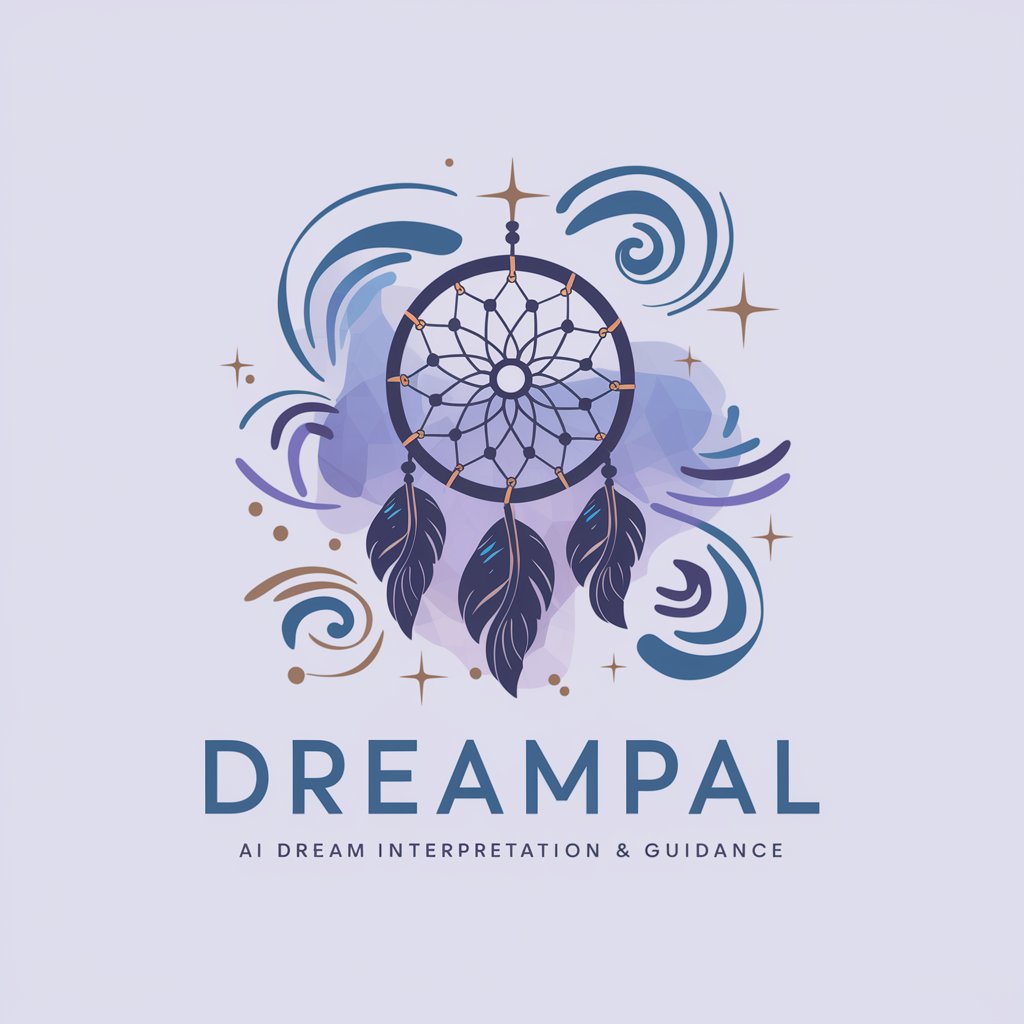
解梦大师
Unlock Your Dreams with AI-Powered Insights
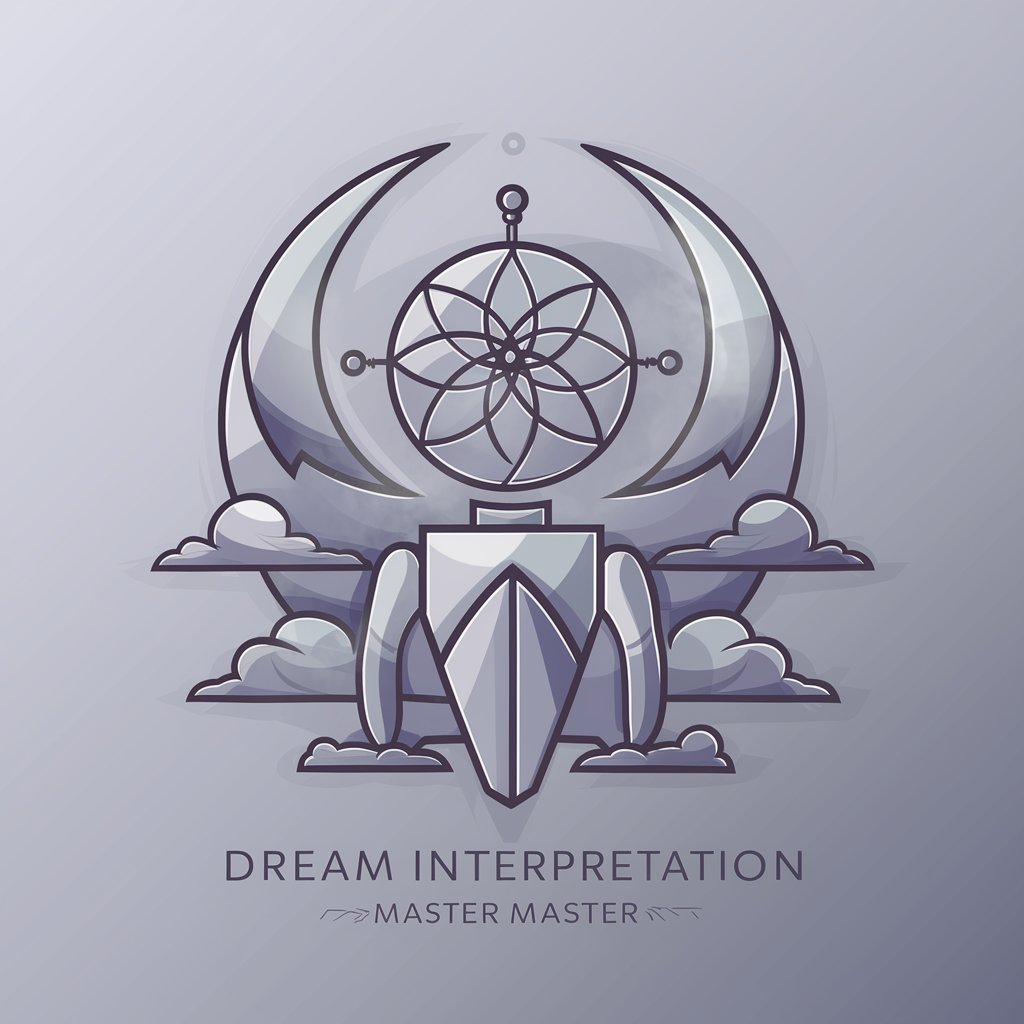
Review-Data Business Insights
Decipher Customer Feedback with AI
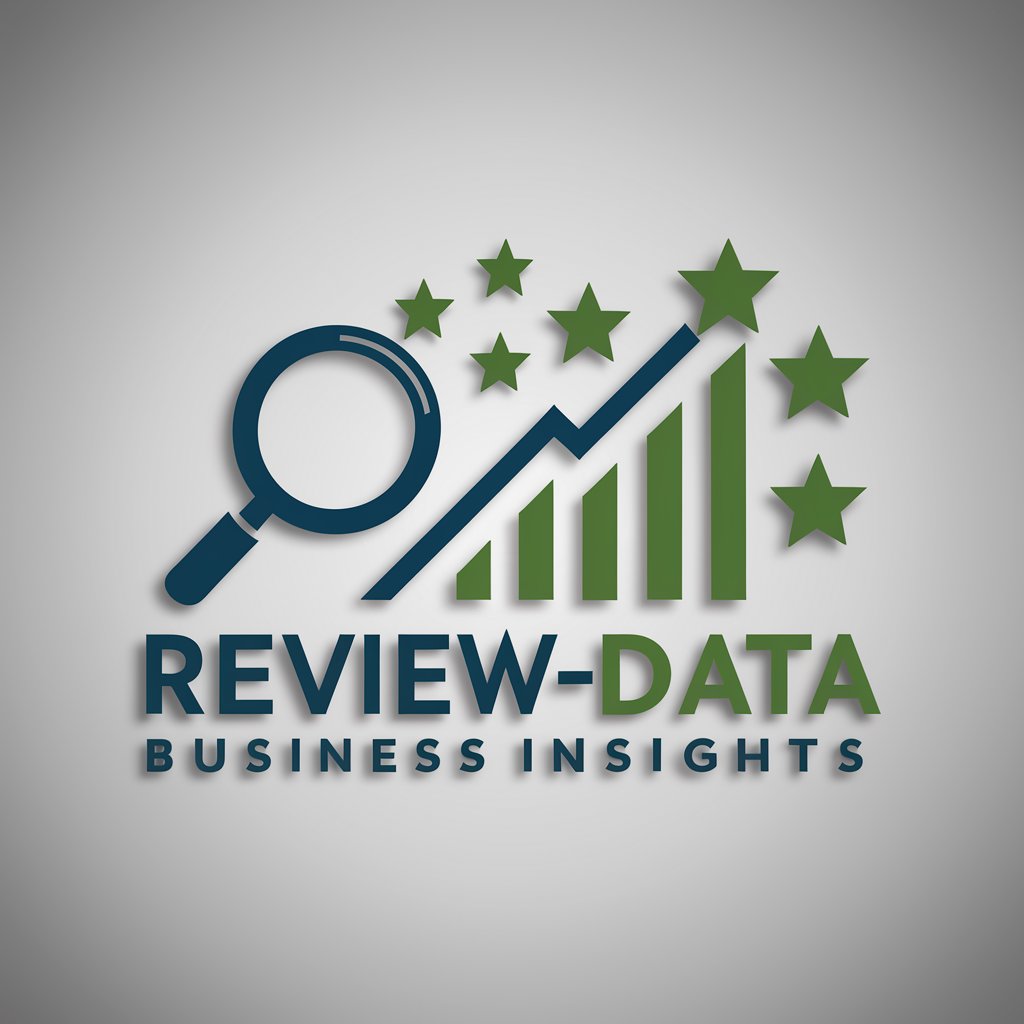
Product Design Mentor
Elevate Your Design with AI Insights

悟・仏陀
Bridging Buddhism with Digital Innovation

おすすめの職種を教えてくれる幼女
Discover Your Ideal Career Path with AI

Fic - Synopsis
Distilling stories to their essence with AI

培训小范
Elevate Learning with AI-Powered Training Maps

●●だけど質問ある?(安価もできます)
Engage in dynamic AI-driven conversations

Z-Clarity Wizard
Simplify complex ideas, effortlessly.

Q&A about Optimally Irrational
What is the core idea of 'Optimally Irrational'?
It proposes that biases and deviations from strict rationality are adaptive solutions to complex problems, challenging the traditional economic view of rational decision-making.
How does 'Optimally Irrational' relate to behavioral economics?
It aligns with behavioral economics by recognizing that human decisions often deviate from pure rationality due to psychological, social, and evolutionary factors.
Can 'Optimally Irrational' be applied in everyday decision-making?
Yes, it can be applied to understand and improve decision-making by acknowledging the role of subconscious biases and emotional influences.
Does 'Optimally Irrational' challenge traditional economic theories?
Yes, it challenges the notion of Homo economicus, suggesting that apparent irrational behaviors are often rational responses to complex situations.
How does 'Optimally Irrational' view human biases?
It views biases not as flaws but as adaptive mechanisms evolved to navigate the complexity and uncertainty of real-world decision-making.
